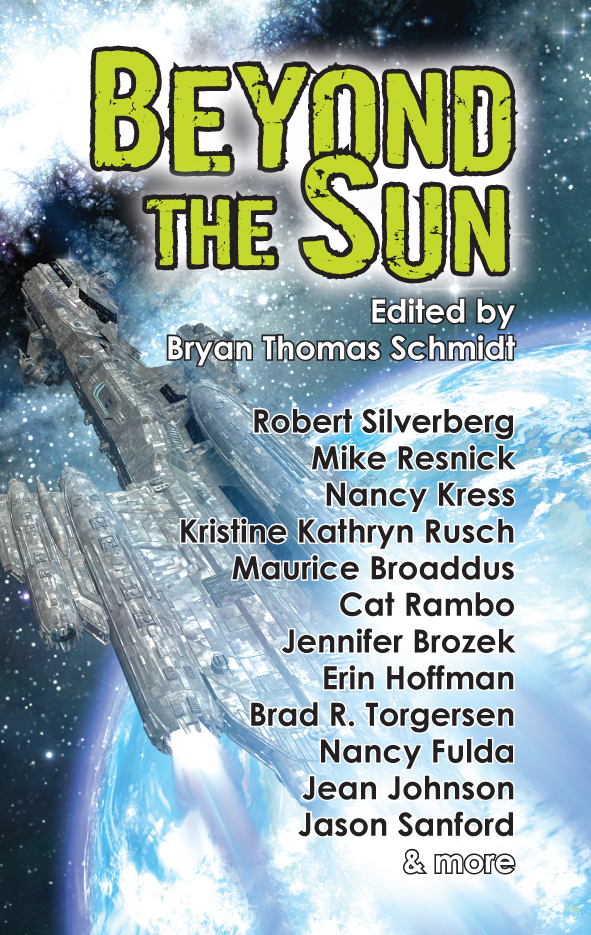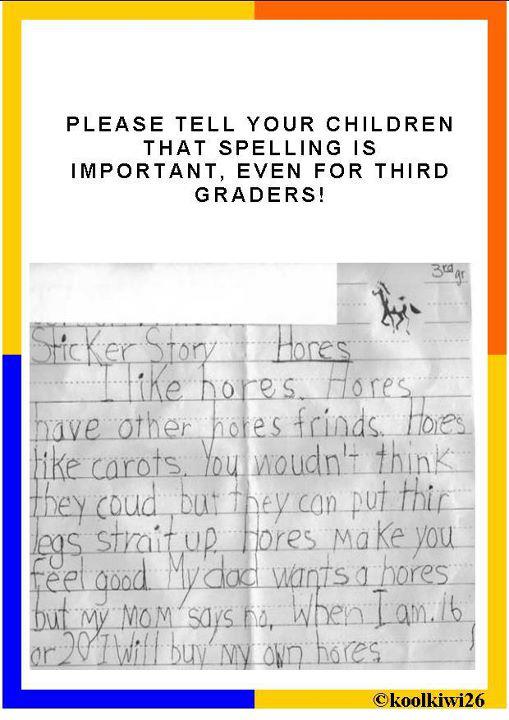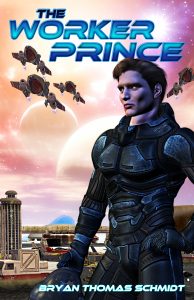 I know what you’re thinking: a Write Tip on commas? It’s so basic. I must admit, it’s the last subject I thought I’d ever tackle in one of these tips. But please don’t find it insulting. The more I edit, the more I find it is often the very basics of which we writers most need reminding. After all, commas matter. It seems to be one of the more common errors my editing clients are making. So perhaps a reminder might be helpful for us all.
I know what you’re thinking: a Write Tip on commas? It’s so basic. I must admit, it’s the last subject I thought I’d ever tackle in one of these tips. But please don’t find it insulting. The more I edit, the more I find it is often the very basics of which we writers most need reminding. After all, commas matter. It seems to be one of the more common errors my editing clients are making. So perhaps a reminder might be helpful for us all.
Some examples:
She remained standing, firm in her resolve.
She remained, standing firm in her resolve.
Now, he knew it was over.
Now he knew, it was over.
Now he knew it was over.
Suddenly running toward the street, he realized how stupid he’d been.
Suddenly, running toward the street, he realized how stupid he’d been.
Suddenly running toward the street he realized how stupid he’d been.
She served all of his favorites: tossed salad, macaroni and cheese, and carrot cake.
She served all of his favorites: tossed salad, macaroni and cheese and carrot cake.
In each of these examples, you may notice how clearly the comma placement changes both the meaning and the pacing of reading each sentence. Commas provide separation of elements in series, separation of clauses, indications of where readers and speakers should pause in their inflection, and more. Lazy comma usage can do far more than demonstrate your lack of grammatical knowledge, it can also create real confusion in what you’re trying to communicate.
Here are 10 Key Rules for correct comma usage according to http://grammar.ccc.commnet.edu/grammar/commas.htm:
1. Use a comma to separate the elements in a series (three or more things), including the last two. “He hit the ball, dropped the bat, and ran to first base.”
Okay, yes, the comma before the “and” is often called the Oxford Comma, and some consider it unnecessary, which is fine when you have control of things. But some publishing houses’ style guides require it, and, more importantly, there are cases in which leaving it out can cause confusion when two list items appear to go together in ways not intended. Using a comma between all the items in a series, including the last two, avoids this problem.
Take the last two above examples:
She served all of his favorites: tossed salad, macaroni and cheese, and carrot cake.
She served all of his favorites: tossed salad, macaroni and cheese and carrot cake.
Is it macaroni and cheese being served along with carrot cake? Is macaroni being served along with cheese and carrot cake? Are there two kinds of cakes: cheese cake and carrot cake? I think my point is obvious.
2. Use a comma + a little conjunction (and, but, for, nor, yet, or, so) to connect two independent clauses, as in “He hit the ball well, but he ran toward third base.”
Sometimes the conjunction makes the separation clear and a comma isn’t needed. But if there is any doubt, use the comma, as it will never be incorrect in this situation. In fact, one of the most frequent comma errors is placing it after the coordinating conjunction. For example,
He ran as far as he could and, then he stopped.
or less obviously perhaps:
Her statement was obvious but, in case there was any doubt, he paraphrased for the others.
A comma before the “but” would be appropriate, but after it is unnecessary and potentially confusing. We do sometimes pause after the little conjunction when speaking, but there is seldom a good reason to put a comma there.
3. Use a comma to set off introductory elements, as in “Running toward third base, he suddenly realized how stupid he looked.”
Again, you may omit the comma in such cases if the statement is clear and will not cause readers to stumble, but if there is ever any doubt, use the comma. It will never be wrong.
Several examples from above may serve here:
She remained standing, firm in her resolve.
She remained, standing firm in her resolve.
Now, he knew it was over.
N0w he knew, it was over.
Suddenly running toward the street, he realized how stupid he’d been.
Suddenly, running toward the street, he realized how stupid he’d been.
I see this one a LOT in editing.
4. Use a comma to set off parenthetical elements, as in “The Founders Bridge, which spans the Connecticut River, is falling down.”
The term “parenthetical element” here refers to a part of the sentence which could be dropped without changing the essential meaning of the sentence, sometimes called “added information.” This can be one of the more challenging punctuation rules, as what is “added” may not always be clear.
Without hesitation, he ran.
Dropping “without hesitation” would still leave the essential meaning: “he ran.” The parenthetical, in this case, serves to add motivational i.e. emotional context to the action that follows.
5. Use a comma to separate coordinate adjectives. If you can put an and or a but between the adjectives, a comma will probably belong there.
A good example of this might be:
Sarah lives in a very old and run-down house.
Instead, you’d more often say:
Sarah lives in a very old, run-down house.
Here’s a good example of an exception, however:
That lady is old and little.
Instead, we’d more commonly hear:
That was a little old lady.
Note the lack of commas between “little” and “old lady.”
6. Use a comma to set off quoted elements. Generally, use a comma to separate quoted material from the rest of the sentence that explains or introduces the quotation.
This can be difficult to remember because most of us don’t use quoted materially constantly. But in fiction particularly, it is important when using speech tags or action tags for dialogue.
“General, we have word from the Governor,” the aide reported, handing Gent a message tube and stopping beside him.
or
Gent called back to her as he ran, “Don’t let him out of your sight!”
or
When asked about the issue, Congressman Roberts replied, “I have no comment on that matter at this time.”
But this one can also be abused and confused. As I see incorrect things like this way too often:
“Don’t do anything stupid, Keely!”, he yelled as he went to open his door.
7. Use commas to set off phrases that express contrast.
She smiled as their eyes met, sadness and longing shining from their depths.
8. Use a comma to avoid confusion. This is often a matter of consistently applying rule #3.
I think we’ve covered this but it’s a good reminder.
9. Grammar English’s Famous Rule of Punctuation: Never use only one comma between a subject and its verb. “Believing completely and positively in oneself is essential for success.” [Although readers might pause after the word “oneself,” there is no reason to put a comma there.]
I see this one a lot, too.
“Mark my words, all of that garbage you’re ingesting, is going to be the death of you!”
No, no, no, no, no! The comma before “is” makes me shudder.
10. Typographical Reasons: Between a city and a state [Hartford, Connecticut], a date and the year [June 15, 1997], a name and a title when the title comes after the name [Bob Downey, Professor of English], in long numbers [5,456,783 and $14,682], etc. Although you will often see a comma between a name and suffix — Bob Downey, Jr., Richard Harrison, III — this comma is no longer regarded as necessary by most copy editors, and some individuals — such as Martin Luther King Jr. — never used a comma there at all.
That one’s often determined by personal taste and style guides. Just be consistent within the body of your manuscript. And be prepared for editors with other preferences to raise the issue.
So, there you have it, some examples of sinful comma usage to avoid, and legal ways to employ them instead. I hope this is a helpful reminder, even for those of us who feel current on our grammatical knowledge. I know I need reminders myself from time to time. For what it’s worth…
 Bryan Thomas Schmidt is an author and editor of adult and children’s speculative fiction including the novels The Worker Prince and The Returning, and the children’s books 102 More Hilarious Dinosaur Jokes For Kids (ebook only) and Abraham Lincoln: Dinosaur Hunter- Land Of Legends. His debut novel, The Worker Prince (2011) received Honorable Mention on Barnes & Noble Book Club’s Year’s Best Science Fiction Releases for 2011. His short stories have appeared in magazines, anthologies and online. He edited the anthology Space Battles: Full Throttle Space Tales #6 (Flying Pen Press, 2012) and is working on Beyond The Sun (Fairwood, July 2013), Raygun Chronicles: Space Opera For a New Age (Every Day Publishing, November 2013) and Shattered Shields with co-editor Jennifer Brozek (Baen, 2014). He also edits Blue Shift Magazine and hosts #sffwrtcht (Science Fiction & Fantasy Writer’s Chat) Wednesdays at 9 pm ET on Twitter and can be found via Twitter as @BryanThomasS, on his website atwww.bryanthomasschmidt.net or Facebook.
Bryan Thomas Schmidt is an author and editor of adult and children’s speculative fiction including the novels The Worker Prince and The Returning, and the children’s books 102 More Hilarious Dinosaur Jokes For Kids (ebook only) and Abraham Lincoln: Dinosaur Hunter- Land Of Legends. His debut novel, The Worker Prince (2011) received Honorable Mention on Barnes & Noble Book Club’s Year’s Best Science Fiction Releases for 2011. His short stories have appeared in magazines, anthologies and online. He edited the anthology Space Battles: Full Throttle Space Tales #6 (Flying Pen Press, 2012) and is working on Beyond The Sun (Fairwood, July 2013), Raygun Chronicles: Space Opera For a New Age (Every Day Publishing, November 2013) and Shattered Shields with co-editor Jennifer Brozek (Baen, 2014). He also edits Blue Shift Magazine and hosts #sffwrtcht (Science Fiction & Fantasy Writer’s Chat) Wednesdays at 9 pm ET on Twitter and can be found via Twitter as @BryanThomasS, on his website atwww.bryanthomasschmidt.net or Facebook.



